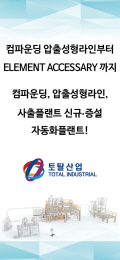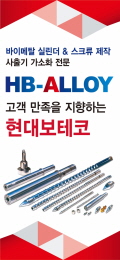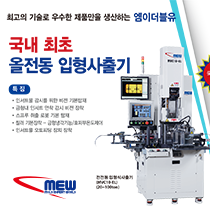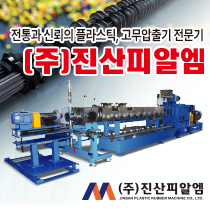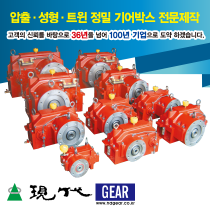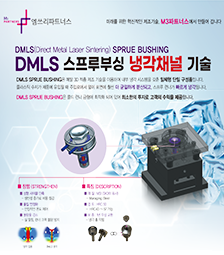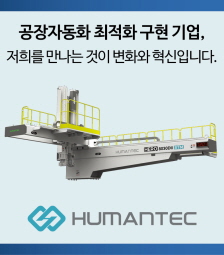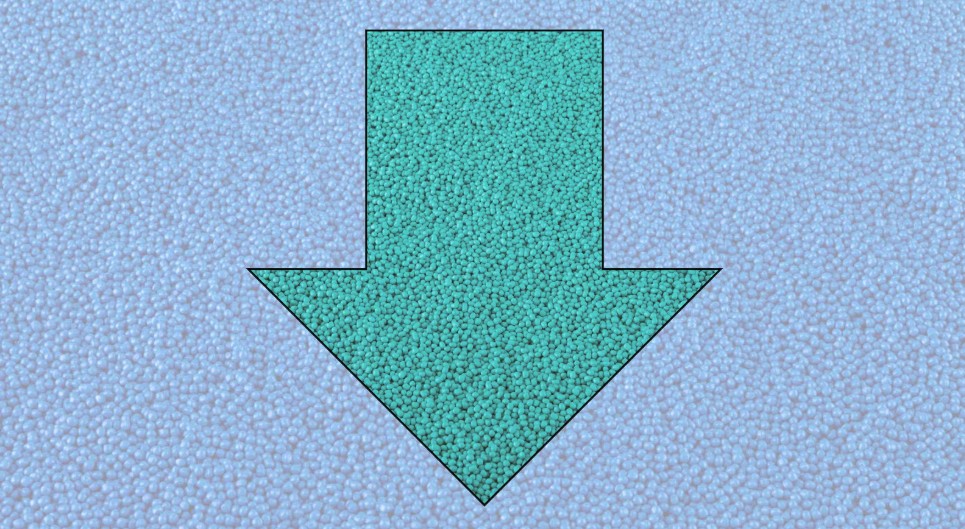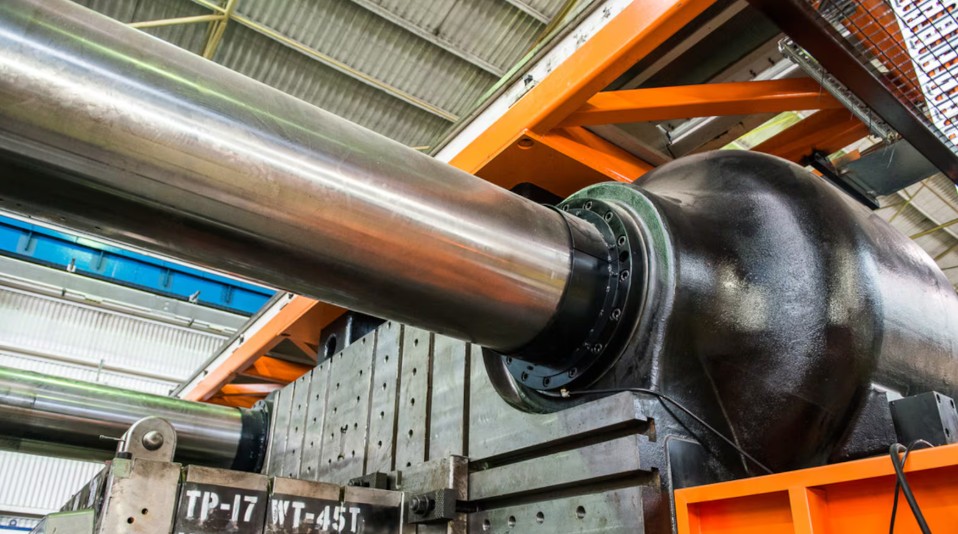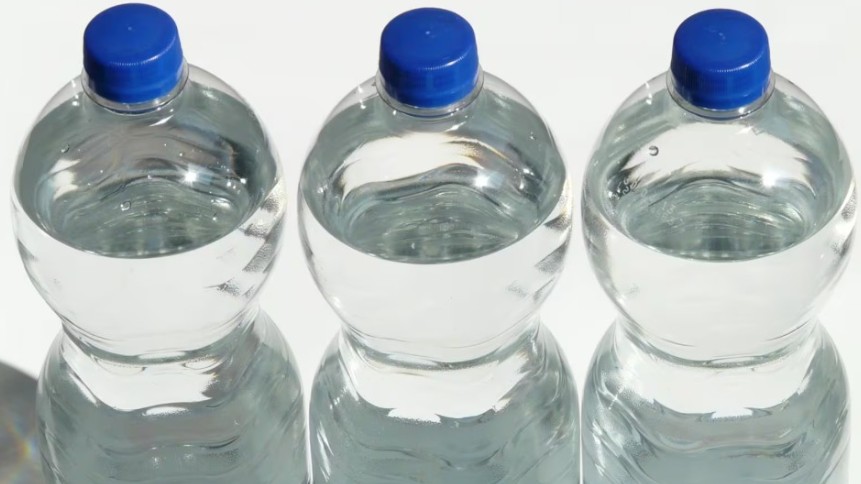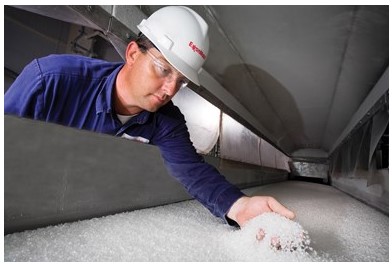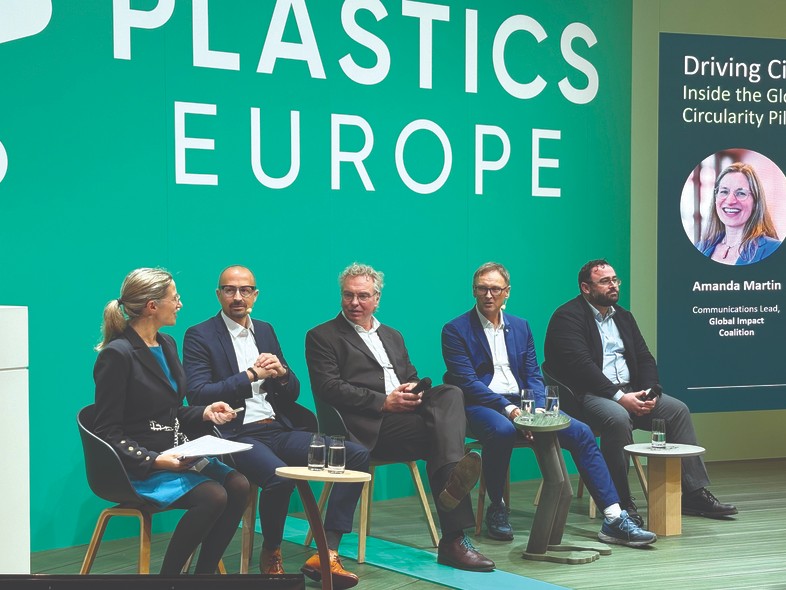John Irwin
Automotive News Canada

Axiom Group Inc.
Canadian auto suppliers say they are being pulled by the gravity of U.S. President Donald Trump’s protectionist policies. Government support, logistics and politics all played roles in an Ontario injection molder’s decision to open a $20-million plant in Toledo, Ohio.
Canadian auto suppliers say they are being pulled by the gravity of U.S. President Donald Trump's protectionist policies.
Government support, logistics and politics all played roles in an Ontario injection molder's decision to open a $20-million plant in Toledo, Ohio, rather than expand in the province, and it's not alone in feeling the heat to invest south of the border.
Axiom Group Inc., based in Aurora near Toronto, said in November that it planned to open its first U.S. manufacturing operation in an Ohio industrial park, building plastic injection-molded parts for Jeep models assembled at plants in Michigan. The company, whose major customers include Fiat Chrysler, Volkswagen and Tesla, has cited incentives, logistics and U.S. economic and trade policies as reasons for the move.
"We're already in Ontario and Mexico, and we were getting some pressure to have a presence in the United States," said Chris Moschopedis, Axiom vice-president of corporate strategy. Axiom employs 300 people, including 80 in Mexico.
The adoption of just-in-time parts delivery is also at play. As automakers invest in the United States and Mexico they are likely to want suppliers nearby, meaning Canadian companies have to invest in the vicinity of new plants.
"Suppliers feel pressure to locate near where their customers are, and that's become a more important thing as [automakers] look at the entire value chain," said Julie Fream, CEO of the Original Equipment Suppliers Association, a U.S.-based auto supply group.
Ontario has lost out on potential investments in recent years as companies are lured to invest south of the border. Jurisdictions in the United States and Mexico frequently have lower wages than those in Canada, while U.S. states are often eager to provide financial support, real estate and other incentives.
In Ohio, Axiom is receiving "significant support," Moschopedis said. JobsOhio, a nonprofit that seeks to attract investment to the state, will prescreen people who apply for the 250 or so jobs at the plant, Moschopedis said.
"You don't have that kind of support in Ontario," he said.
Just one new assembly plant has opened in Canada since 2000, while numerous new plants have landed in Mexico and the United States. And while automakers have invested in some of their existing Canadian operations, several factories have closed, including General Motors Co. plants in Quebec and Ontario and Ford Motor Co.'s facility in St. Thomas, Ont.
Still, the federal and provincial governments have not been passive observers. Ottawa has doled out hundreds of millions of dollars in incentives to automakers' Canadian operations over the years. In early 2019, the Ontario government released its Driving Prosperity plan for the auto sector, including proposals to cut red tape and help suppliers modernize their manufacturing operations.
Typically, the two levels of government cover up to a total of 20 per cent of an auto company's investment. For example, the federal and provincial governments combined to provide C$220 million (US$168.7 million) in incentives to Toyota's recent C$1.4-billion (US$1 billion) investment in its Canadian facilities, or about 16 per cent of the cost.
U.S. states often go further. Toyota and Mazda will receive as much as US$700 million (C$925 million) in state and local incentives for their US$1.6 billion (C$2.1 billion) plant under construction in Alabama. Incentives, then, would cover about 44 per cent of total costs.
Axiom's Moschopedis said the support offered by the provincial government pales to that offered south of the border and that applications can take years to fulfill.
"The government says it's open for business, but there is still a lot of red tape [in Ontario] and not a lot of incentives."
But, auto analyst Dennis DesRosiers said some of the factors that have made Ontario seem less attractive to automakers and suppliers are out of the government's control, pointing to health care legislation in the United States as an example.
"We're less competitive than we used to be, and it's not necessarily because of lack of government aid," DesRosiers said.
Moschopedis said Axiom chose to invest in Ohio, in part, as a way of "hedging our bets" on the new North American trade pact, which awaited ratification by the United States and Canada. It has passed both the U.S. House of Representatives and the U.S. Senate.
President Donald Trump's protectionist trade leanings spurred the renegotiation of the North American Free Trade Agreement. The three countries agreed to modifications to the revised pact in December, paving the way for ratification.
Political pressure from Washington can affect a company's decision to invest there, DesRosiers said. And that is especially true in an era when Trump has taken to Twitter to criticize a company's decision to invest outside of the United States, as he has since taking office in 2017.
"These companies are big multinationals," he said, "and whether we like the man or don't like the man, he's in a very powerful position sitting in Washington to cause these companies a lot of grief."
As suppliers sort out their futures, Moschopedis urged the Ontario government to meet with as many business leaders as possible to determine whether manufacturing is a part of the province's economic future. "Once upon a time, Ontario was the manufacturing heart of Canada," he said. "Now it's become IT and other knowledge-based [sectors], and obviously that was a strategic decision."
Source : https://www.plasticsnews.com/news/canadian-auto-suppliers-pushed-us edit : handler

